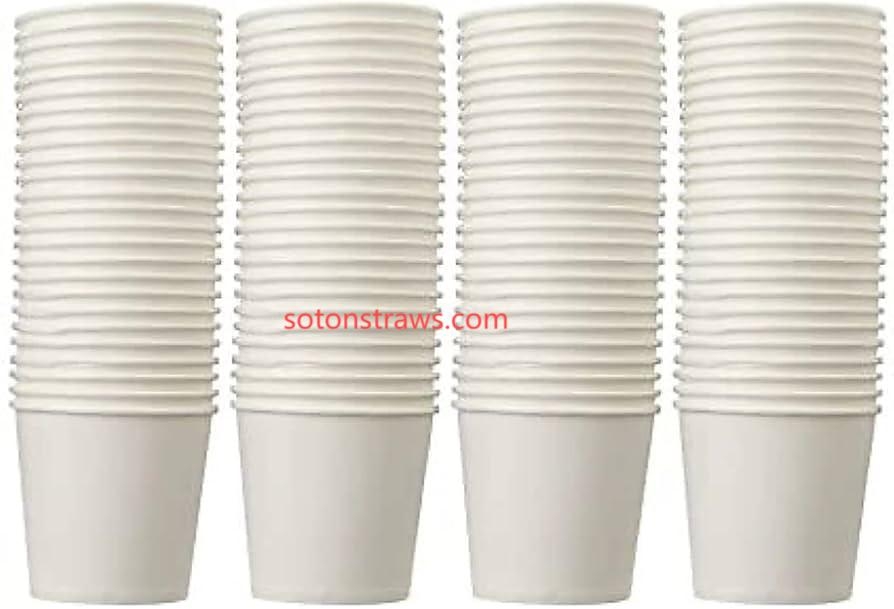The Disposable Paper Cups industry faces growing pains as it attempts to transition from plastic alternatives. While the cups themselves may be made from renewable materials, the systems needed to process them after use are lagging behind. This disconnect between production and disposal infrastructure creates significant sustainability challenges that threaten to undermine the environmental benefits of paper-based solutions.
A major hurdle is the lack of standardized labeling for Disposable Paper Cups. With various certifications and claims circulating in the market, consumers and waste management facilities struggle to identify which cups are truly compostable or recyclable. This confusion leads to improper disposal, where cups that could be processed end up in landfills, while others contaminate recycling streams. The resulting inefficiencies make it difficult for composting plants to justify accepting these materials, creating a vicious cycle of rejection.
Material innovation offers some hope. New types of bio-based linings are being developed that break down more readily under industrial composting conditions. Some manufacturers are also experimenting with cup designs that make material separation easier for recycling facilities. However, these advancements mean little without corresponding improvements in collection and processing systems.
The most progressive companies are taking a systems approach to this problem. By working with waste management partners and advocating for better infrastructure, they're helping create ecosystems where Disposable Paper Cups can fulfill their environmental potential.
Soton exemplifies this holistic thinking. Their cups are designed with end-of-life processing in mind, and they actively collaborate with recycling and composting facilities to ensure their products are handled correctly. This comprehensive approach sets a new standard for responsibility in the disposable packaging industry.click www.sotonstraws.com to reading more information.
